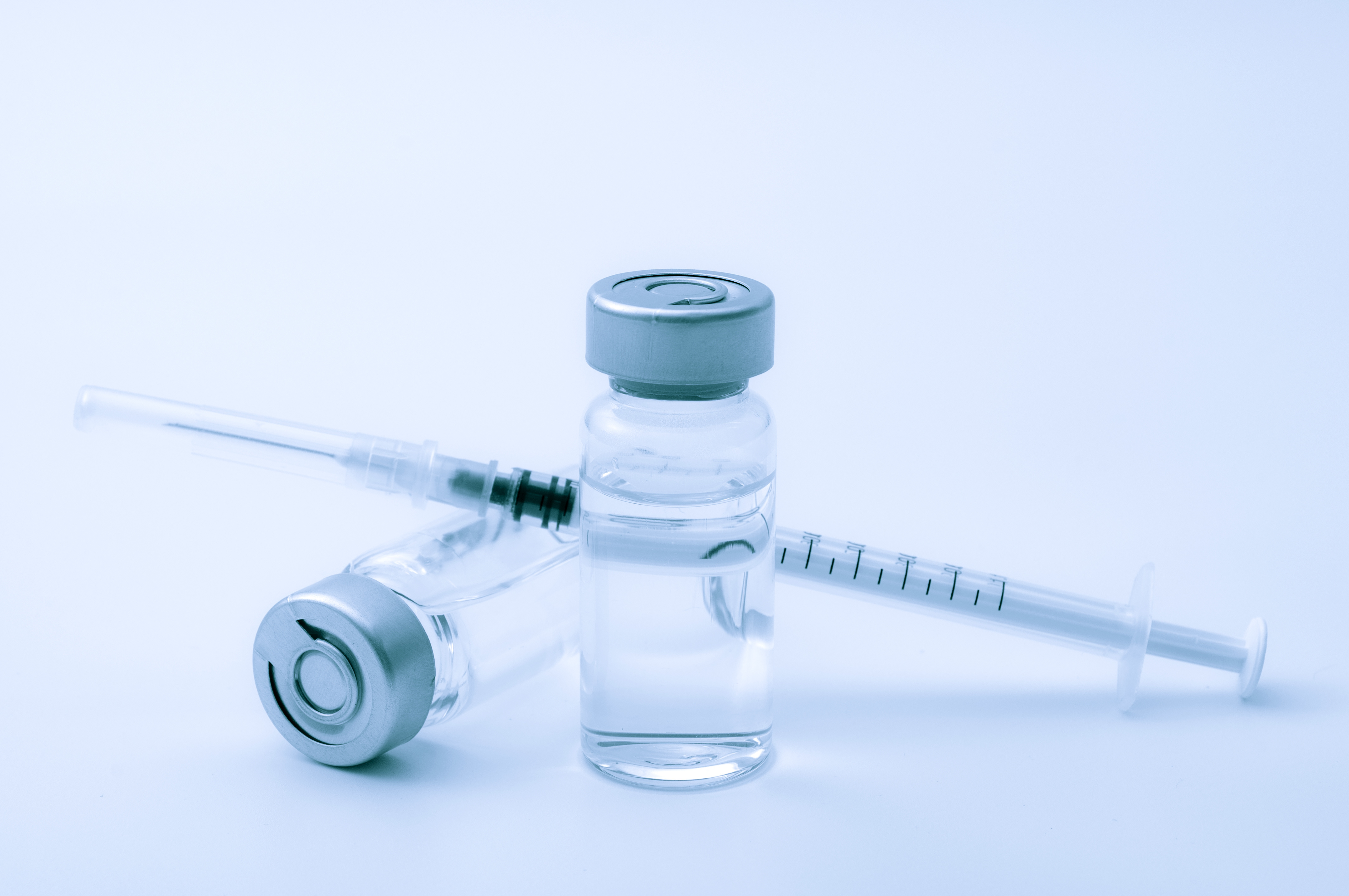As the number of new coronavirus cases continues to grow, researchers are in a race to develop vaccines and treatments to fight the ongoing pandemic.
Now, Italian researchers have claimed that they have developed a vaccine that can neutralize the new coronavirus in mice.
The researchers from Takis Biotech, a biotechnology company based in Rome, Italy, have conducted tests at the Lazzaro Spallanzani Hospital in Rome, which specializes in infectious diseases.
The findings of the study were extremely positive. The vaccine was able to induce a strong antibody response against the virus within 14 days after receiving just a single dose.
The team developed the coronavirus vaccine candidate by growing antibodies in mice, finding a way to neutralize the virus. Takis Biotech said human trials might start by June.
Takis Biotech CEO Luigi Aurisicchio said, “According to Spallanzani Hospital, as far as we know, we are the first in the world so far to have demonstrated neutralization of the coronavirus by a vaccine. We expect this to happen in humans too.”
The biotech company is planning to team up with LineaRx, a drug company, in an effort to develop the experimental vaccine further.
Takis Biotech needs the support of the Italian government as well as international institutions who may want to help accelerate the process.
Aurisicchio explained that this is not a race or competition. He said if scientists and companies collaborate, the world would have a vaccine that could win us a battle against the deadly virus.
Meanwhile, Dr. Anthony Fauci, the head of the National Institute of Allergy and Infectious Diseases (NIAID), said it might take up to a year or 18 months before for a COVID-19 vaccine to be available.
Pfizer, a drug company, said it could have a potentially effective coronavirus vaccine by September. However, Dr. Fauci said the most realistic date would be by January.
Generally, vaccines may take about five to 15 years before hitting the market; however, it may be shorter by fast-tracking the process. Currently, the fastest record for developing a vaccine is four years. Measles vaccine came at an accelerated rate of four years, while common vaccines like the flu and chickenpox vaccines took 28 years.
The World Health Organization (WHO) said the studies for developing a coronavirus vaccine can be accelerated by intentionally infecting healthy volunteers, which may pose dangers to participants.
“They can be substantially faster to conduct than vaccine field trials, in part because far fewer participants need to be exposed to experimental vaccines to provide (preliminary) estimates of efficacy and safety,” according to the report.
“Such studies can be used to compare the efficacy of multiple vaccine candidates and thus select the most promising vaccines for larger studies.” The article originally appeared on News Medical Net.























